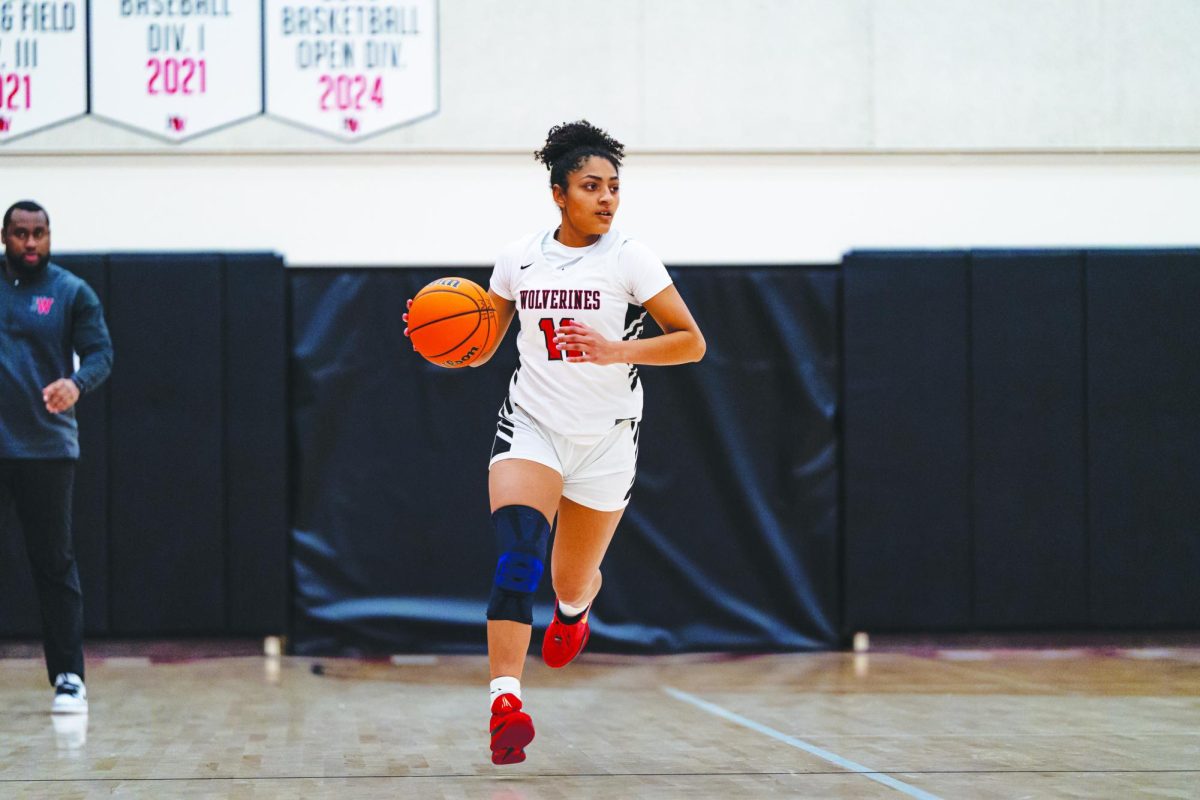By Mary Rose Fissinger
For the Oct. 14 issue of the Chronicle, I wrote a column about Harvard-Westlake’s rivalry with Loyola.
My main focus was that students here are far too preoccupied with a rivalry that Loyola puts much less stock in.
And I meant what I said – even the final couple of sentences (which mention Harvard-Westlake’s superior academic reputation) that got me in big trouble with the Loyola student body, for whom my column apparently became required reading last week, as Facebook comments flooded the posting of my column as one Loyola student’s status.
However, although I feel no need to retract those controversial statements, I do take back one part of the column – the part that Los Angeles Times sportswriter Eric Sondheimer, of all people, called me out on.
I began that column with the sentence “Inherent in all Harvard-Westlake students are a few things: a curiosity for learning, a desire for challenge, and a hatred for Loyola High School.” After recent experiences, I’ve learned that “hatred” was clearly the wrong word.
It’s not even that it was simply too strong a description of the adversarial athletic relationship we have with Loyola, it was completely off-base. Rivalries are not founded on hatred. They are founded, believe it or not, on camaraderie.
Last Wednesday was an unexpectedly emotional day for me. First of all, it was my last cross country race ever.
Something that had been a part of me for so long was now officially over. I knew senior year was going to be a year of “lasts.”
I just did not realize the first “last” would come so soon.
So it was an already emotional Mary Rose who, upon arrival to the meet, was handed a black wristband that read “Mission League Brother, Conor Lynch R.I.P.” and told that everyone at Crescenta Valley Park that afternoon would be wearing them to remember our fellow runner, who had been hit by a car and killed while running a few weeks before.
After all the races, at the start of the award ceremony, Loyola’s head coach led everyone in a prayer for Conor, who had attended Notre Dame High School. Then, he handed the microphone over to Conor’s mother. Her brief speech began with the words “thank you” and ended in tears.
She spoke about how happy she was to be there and how touched she was that we were remembering her son in this way.
She said she knew Conor was watching and was present with us because the atmosphere, the love of running that was everywhere, was what Conor loved most.
And following her speech, all the teams, who had been competing fiercely with one another just minutes before as well as all season long, and all seasons before that, joined in applauding Mrs. Lynch’s bravery and compassion and her son’s enduring spirit.
There was absolutely nothing hateful about that moment.
We consider ourselves rivals with Loyola, and, at least in the running world, with Notre Dame as well.
But we in no way hate them.
I, like most other people who were there that day, did not know Conor Lynch personally. But just the fact that he too was a cross country runner made me feel connected to him.
It takes a special kind of person to genuinely enjoy running long distances – anyone will tell you that – so that day, though my team and I were surrounded by all of our “rivals,” we were surrounded by the people at those “rival” schools that are most like ourselves.
This is not even oxymoronic. In fact, it makes perfect sense. The reason we compete so ferociously is because we all care so much and are so passionate about the same thing.
And though this results in reveling in the defeat of others, our reveling is not a manifestation of hatred. It can’t be, as it is the effect of an intense similarity, rather than polarizing difference, between the athletes.
It’s easy to get caught up in the competition. I did – I even felt it justifiable to declare that all Harvard-Westlake students hate Loyola.
Unfortunately, it sometimes takes a tragedy to uncover the common ground.
But when you see it, it is unmistakable.


























